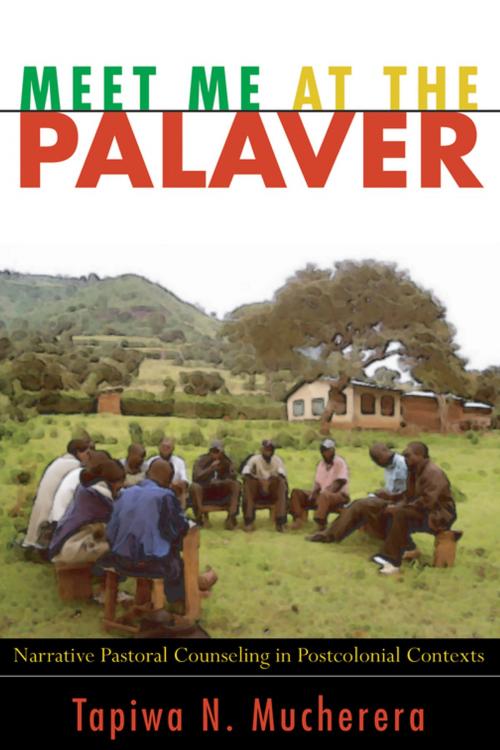Meet Me at the Palaver
Narrative Pastoral Counseling in Postcolonial Contexts
Nonfiction, Religion & Spirituality| Author: | Tapiwa N. Mucherera | ISBN: | 9781630874681 |
| Publisher: | Wipf and Stock Publishers | Publication: | January 1, 2009 |
| Imprint: | Cascade Books | Language: | English |
| Author: | Tapiwa N. Mucherera |
| ISBN: | 9781630874681 |
| Publisher: | Wipf and Stock Publishers |
| Publication: | January 1, 2009 |
| Imprint: | Cascade Books |
| Language: | English |
Meet Me at the Palaver makes the case for a particular approach to pastoral counseling as a response to the destructive impact of colonial Christianity on indigenous African communities. The book opens with stories of destructive change brought to indigenous contexts (such as Zimbabwe, Africa), wherein the culture, values, religion, and humanity of African peoples were often marginalized. Mucherera demonstrates that therapy or counseling as taught in the West will not always suffice in such contexts, since these approaches tend to promote and focus on individuality, autonomy, and independence. Counselors in indigenous contexts need to get off their couch or chair and into the neighborhoods--into those places made vulnerable to disease and poverty by the collapse of the palaver and other traditional institutions of social stability. Since storytelling was at the heart of the practices of the palaver and continues to be a way of life in African cultures, Mucherera argues for a holistic narrative pastoral counseling approach to assess and service the three basic areas of human needs in indigenous African communities: body, mind, and spirit.
Meet Me at the Palaver makes the case for a particular approach to pastoral counseling as a response to the destructive impact of colonial Christianity on indigenous African communities. The book opens with stories of destructive change brought to indigenous contexts (such as Zimbabwe, Africa), wherein the culture, values, religion, and humanity of African peoples were often marginalized. Mucherera demonstrates that therapy or counseling as taught in the West will not always suffice in such contexts, since these approaches tend to promote and focus on individuality, autonomy, and independence. Counselors in indigenous contexts need to get off their couch or chair and into the neighborhoods--into those places made vulnerable to disease and poverty by the collapse of the palaver and other traditional institutions of social stability. Since storytelling was at the heart of the practices of the palaver and continues to be a way of life in African cultures, Mucherera argues for a holistic narrative pastoral counseling approach to assess and service the three basic areas of human needs in indigenous African communities: body, mind, and spirit.















